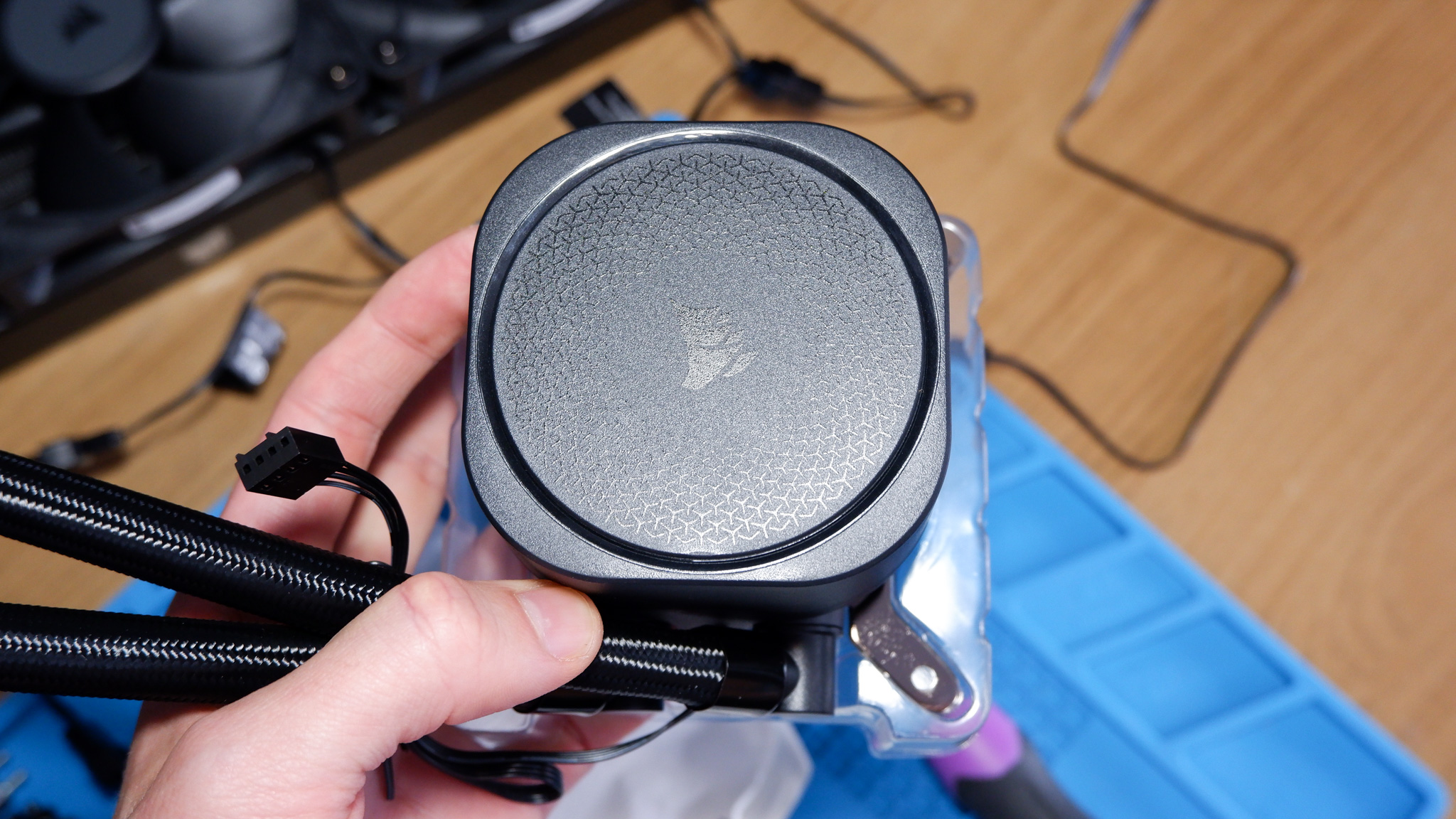Scientists have created a random number generator that's truly random—and no, that's not an easy thing to do at all
Now when you curse the RNG gods, you can really mean it.

Quick! Think of a number between 1 and 10…was it 7? If it was, don't feel too bad, as human brains are notoriously bad at both true randomness and understanding probability. Even if you're too galaxy-brained to fall for my tricks and slyly thought of something clever like '3 and three-quarters,' you may still be interested to know that scientists have potentially cracked a truly random number generator.
A peer-reviewed research paper published in the scientific journal Nature claims that certifiable randomness can be achieved using "a 56-qubit Quantinuum H2-1 trapped-ion quantum computer" (via Popular Mechanics).
Traditionally, computers are incapable of true randomness, though they can still produce an approximation that passes the vibe check for humans—you know, those guys who witness true randomness out in the world and insist it's not random at all. Quantum computers, on the other hand, are a whole other ball game, which may have positive ramifications for data security in the future.
Even the veneer of randomness is pretty key to data encryption. For example, traditional computers may create encryption based on the result of multiplying two large prime numbers together, generating a seemingly random number. As this string of numbers only has those two large prime numbers in common, someone who wants to 'unlock' the encryption would only need one of them as a 'key'. However, maths nerds everywhere will tell you that's more likely than you think.
As prime numbers are ultimately predictable, encryption protocols are always changing without actually being dynamic to outpace obsolescence. So, the over 30 authors of the paper in Nature (four of whom now hold patents related to this quantum computing work) came together to essentially throw away the 'key.'
With their quantum computer, the researchers were able to create randomised strings containing 70,000 bits of data that the team writes "is uncorrelated with any side information." Besides that, 70,000 bits is definitely too long for your favourite maths nerd to memorise—though not for lack of trying.
The team's quantum computing method is able to not only generate these incredibly long, highly random numbers, but can also generate them in a reasonable amount of time. Though we're all still a ways off from parking any number of qubits on our desks, the team insist that their findings could still be applicable in the here and now; they wrote, "[W]e demonstrate a useful beyond-classical application of gate-based digital quantum computers."
The biggest gaming news, reviews and hardware deals
Keep up to date with the most important stories and the best deals, as picked by the PC Gamer team.
As a proposed use case for quantum computers, it's perhaps more promising than trying (and failing) to properly run Doom. Still, with data breaches only getting bigger and uglier, I don't think anyone can afford to ignore what is potentially a quantum leap in the right direction for data security.
Best gaming PC: The top pre-built machines.
Best gaming laptop: Great devices for mobile gaming.

Jess has been writing about games for over ten years, spending the last seven working on print publications PLAY and Official PlayStation Magazine. When she’s not writing about all things hardware here, she’s getting cosy with a horror classic, ranting about a cult hit to a captive audience, or tinkering with some tabletop nonsense.
You must confirm your public display name before commenting
Please logout and then login again, you will then be prompted to enter your display name.


